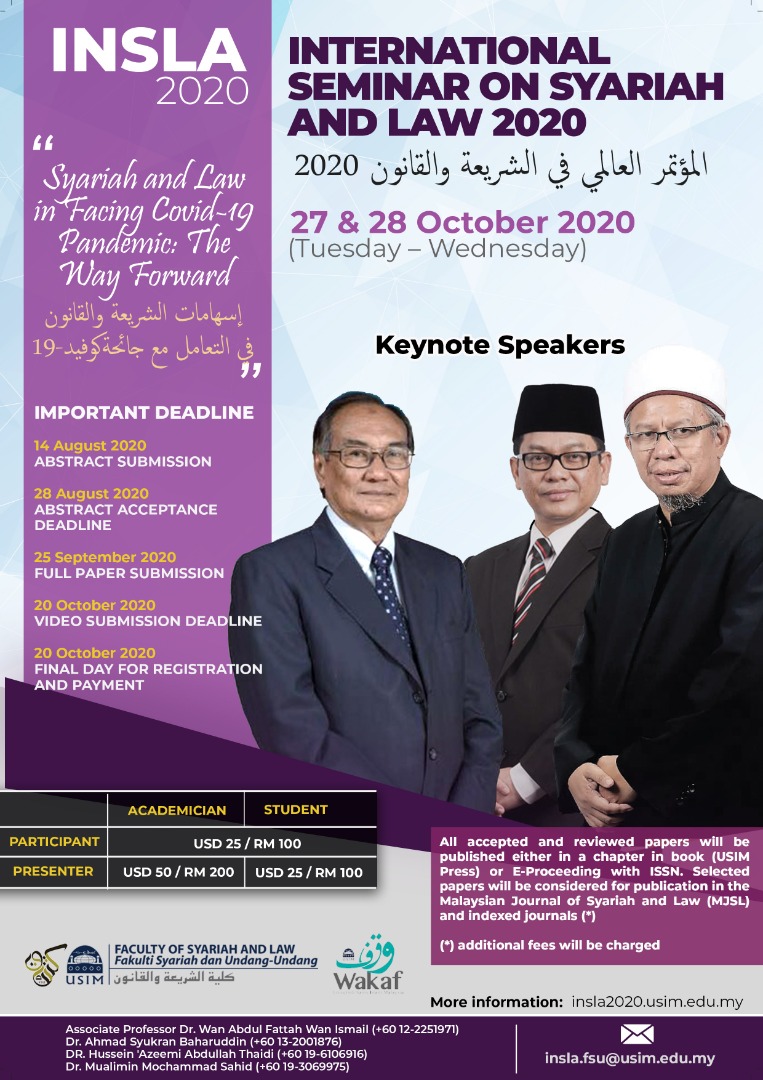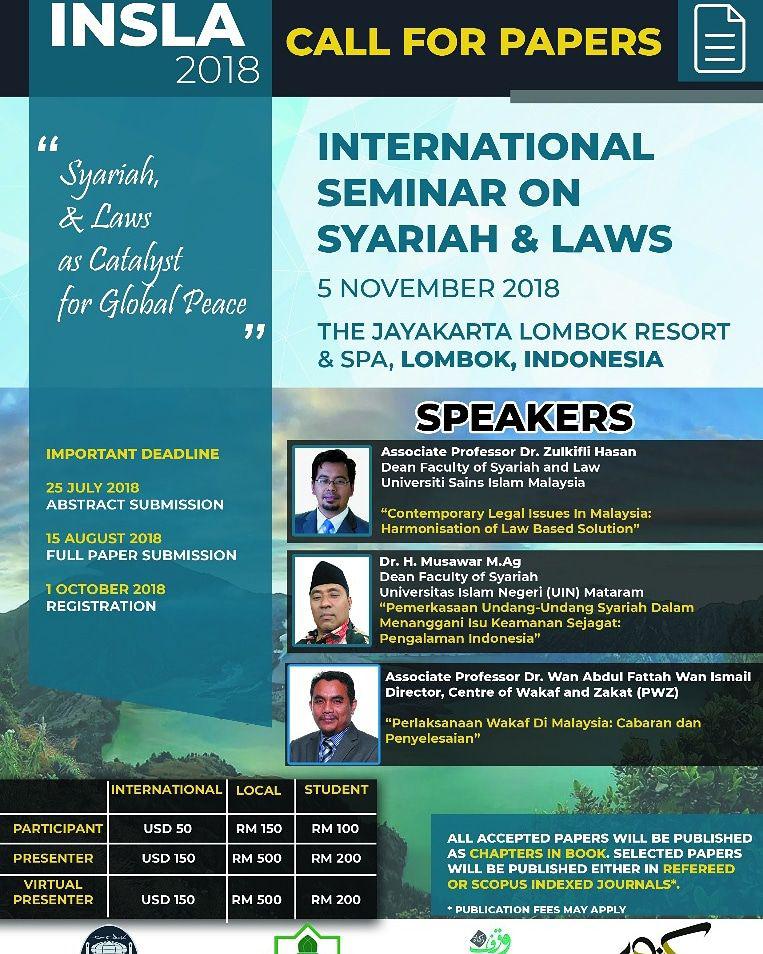An Alternative Path to Prosperity: A Critical Discourse on Islamic Thought in Reformation Era
Keywords:
citizen, democracy, Islamic state, prosperityAbstract
This study is mainly based on concerns on the division in Islamic studies, especially the progress of Islamic thought in one side and the process of political democracy on the other side. In addition, there are limited sources which discuss the roles and contributions of Islam. Statesmanship by far is narrowly discussed in formulating typologies and dominantly conducted from cultural and security approaches. These approaches create ambiguous indicator on Islamic thoughts, and they lead to creating terminologies, like, moderate Islam or radical Islam. Studies conducted under these approaches tend to reduce and simplify thoughts’ complexity and dynamics in Islam. In order to understand the dynamics of Islamic thoughts and statesmanship in post-New Order era, an analysis needs to be administered in nationwide and worldwide contexts according to problem complexities. This study tries to explain the logical processes on Islamic thoughts among FPI, MMI, and HTI in responding political and process of democracy in Reformation era. Furthermore, the study aims to explain the underlying reasons among FPI, MMI, and HTI in offering Islamic thoughts which mainly rely on formal-legal sharia. Framework used in this study aims to integrate internal-cultural-theological and political viewpoints to socio- historical perspective with economic-politics analysis. In this sense, state fully realizes that its citizens deserve their roles and rights in contemporary way. Idea on implementing Islamic state is a discursive strategy, response, and resistance movement to state’s authoritarian system and manipulative conducts in politics, social, and economic. The results indicate that FPI, MMI, and HTI find it essential that state and day-to-day life are in Islamic teachings’ corridor. Furthermore, the thought is one of the few options available in preparing for a prospective change. In the context of changing relation between citizens and state in post New Order era, responses appeared along the process become parts of Indonesian Muslims’ dynamics and principles in realizing their rights, in the midst of democracy waves







